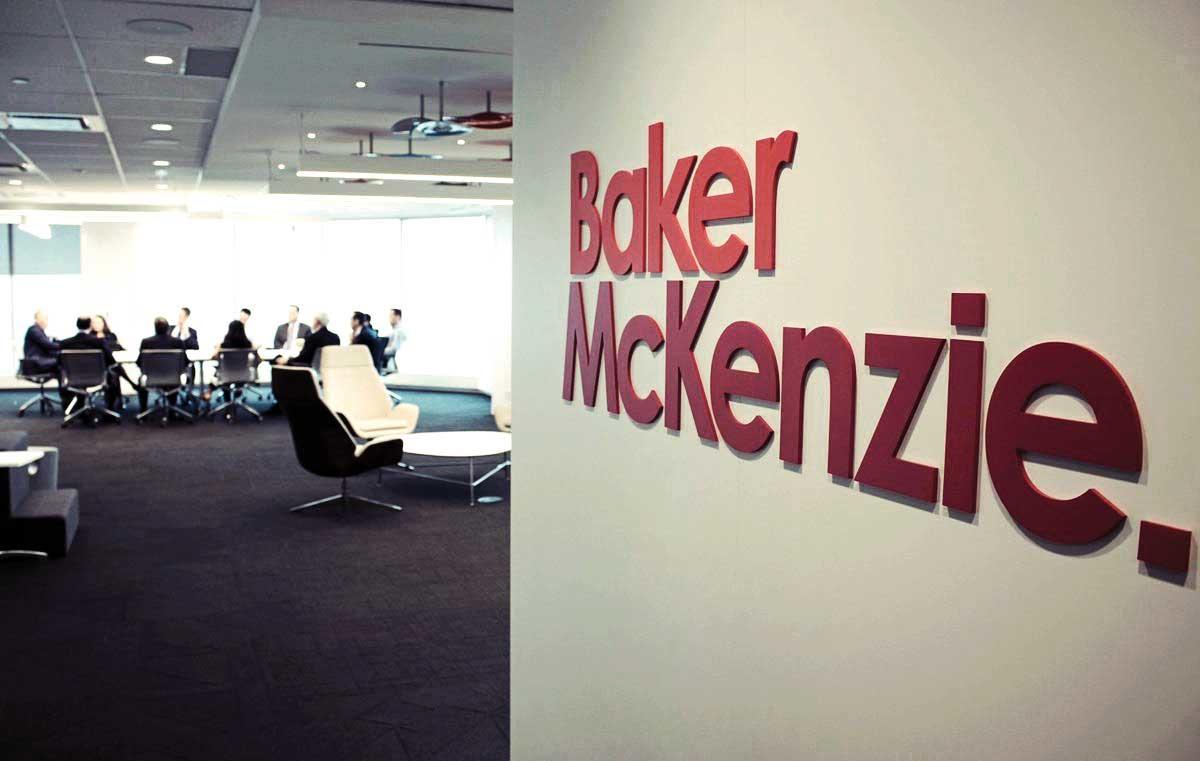Janet Mackenzie, Partner and Head of the Technology Media and Telecommunications Practice, Baker McKenzie Johannesburg
Africa is beginning to feel the full impact of the Coronavirus (COVID-19) and plans to control and manage the humanitarian challenges of the virus are underway across the continent. Economically, the effects have already been felt. COVID-19 has resulted in mass production shutdowns and supply chain disruptions due to port closures in China, causing global ripple effects across all economic sectors in a rare “twin supply-demand shock”. Further, outbreaks and economic impacts in other key regions, such as Europe and the United States, could affect Africa in terms of both demand for its raw materials and its access to much needed manufactured goods and components. This is leading to further uncertainty in a continent already grappling with widespread geopolitical and economic instability.
The technology, media and telecommunications (TMT) sector in Africa was expected to attract high value investments in 2020 with many telecoms companies seeking to expand infrastructure as well as the booming e-commerce sector showing opportunities for M&A in the continent. However, the uncertainty around COVID-19 means that expected investment could be delayed as tech investors wait out the uncertainty and recover from the short-term impacts.
Most of the large technology multinationals have said that the impact of reduced demand for their products in China and the effect of breaks in the supply chain for materials needed in the production of their products, have impacted their businesses negatively. For example, Wuhan in China is the largest producer of optical fibre and cable in the world, accounting for a quarter of the international market. A break in the supply chain for such products means that the African telecommunications industry and the quest to implement fourth industrial revolution technology infrastructure in Africa could be affected. Fibre optic cable is a necessary component of high-speed broadband, which is essential for 4IR technology and implementation.
Many TMT companies have been forced to close stores, factories, manufacturing plants and offices and allow employees to work from home. Labour-intensive industries are the most affected by the virus and this has impacted on planned projects, development and product releases in this sector. This is likely to cause a ripple effect and lead to project delays in Africa as well.
In South Africa, President Cyril Ramaphosa recently imposed travel restrictions, banning citizens of high risk countries from entering South Africa and imposing compulsory checks on others. The TMT industry is expected to be further impacted by the travel restrictions as skilled people from high risk countries who work in the TMT industry in South Africa will not be able to enter the country. This will be further exacerbated by those working in sector having to take time off and isolate themselves should they become ill with the virus. A number of African countries, including Namibia, Zambia, Angola and Egypt, have also imposed some sort of travel restrictions, with more expected to follow suit.
Further, it is predicted that the global theatre industry might suffer if people stop going to cinemas for fear of picking up the virus, leaving the way open for traditional broadcasters and live streaming platforms to benefit from stay at home movie and tv watchers. It will be interesting to see what changes are implemented by film distributors to address this difficulty. One option could be to use transactional video on demand platforms for new releases. Whatever means are implemented, the impact is likely to disrupt the traditional reliance on theatres as the first release window and ultimately, the way of doing business in the film distribution industry could find itself forever changed as a result.
Online retailing is another notable beneficiary of COVID-19’s impact – the sector has experienced growth as people turn to online shopping to avoid crowded shops, stock up on essentials, or because they are quarantined and unable to leave home. While demand for luxury items is expected to decrease, most retailers are noting a substantial increase in demand for household essentials and food with a long shelf life. Going forward, African retailers will likely be looking at further strategies to increase and promote online retail sales. Africa’s banks are also likely to start testing disaster recovery sites in order to secure ongoing trading and business continuity where operations are impacted by office evacuations due to COVID-19.



